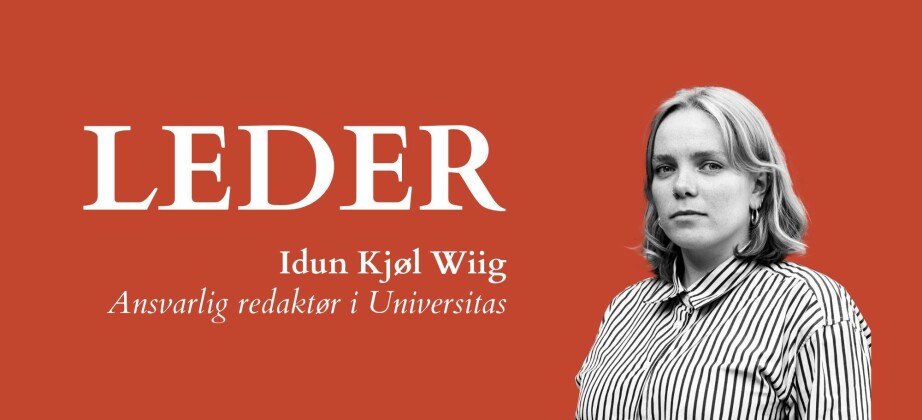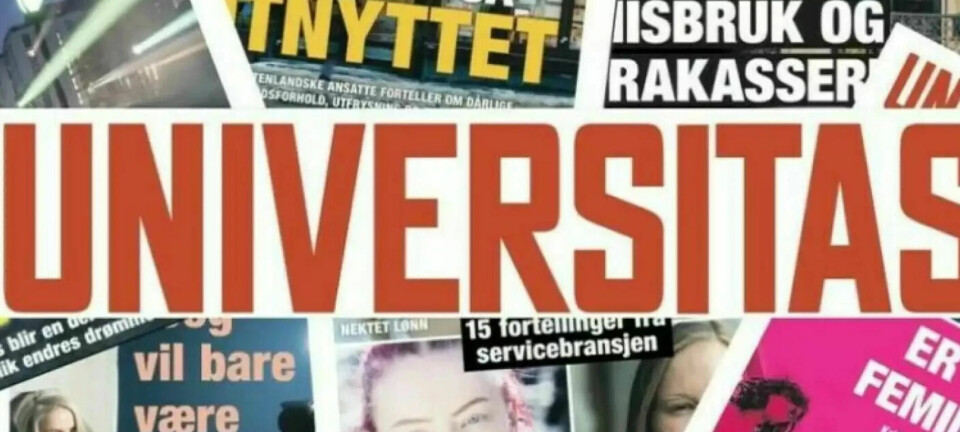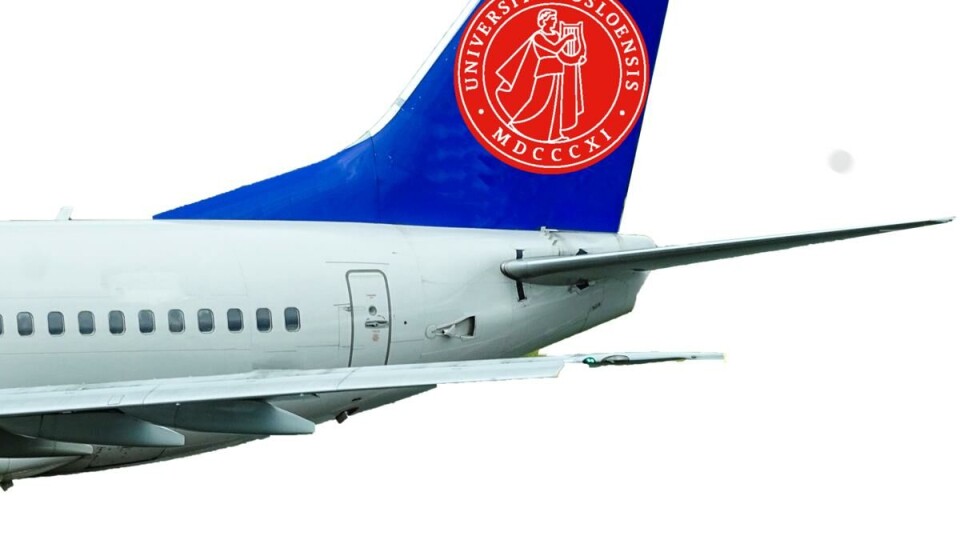
6 Things I Wish I Knew Before I Moved to Norway
When you think of Norway, you imagine a land of fjords, forests and mountains, full of tall, blond people who are all expert skiers and experienced hikers. Most of the research I did before moving to Norway was looking at pictures of snowy vistas and choosing which fjord to visit first.
But what’s some more useful research to do before coming to Norway? Here are 6 things I wish I knew before I moved here.
1. Norway is expensive
OK, this one is no surprise. Norway regularly features in lists of the most expensive countries – not unusual considering its healthcare system, high transport costs and salaries. But it’s hard to understand just exactly how much it does cost before you get here. In 2018 Norway was found to have Europe’s most expensive food and non-alcoholic beverages, 63% above the EU average. Alcoholic beverages aren’t cheap either, with alcohol and tobacco found to be Europe’s most expensive in 2021. At the average bar, a pint (0.5L) will set you back about 70-90kr, or €7-9. Student bars are (thankfully) cheaper, but still go for around 50kr, or €5. Another money-sucker is public transport – the monthly student ticket for Zone 1 in Oslo is 477kr – €47, a full €14 more per month than in my home country. No worries though, camping in Norway is completely free and allowed pretty much everywhere, so if you’re keen to spend some time in the Norwegian nature then it’s a good way to save money!
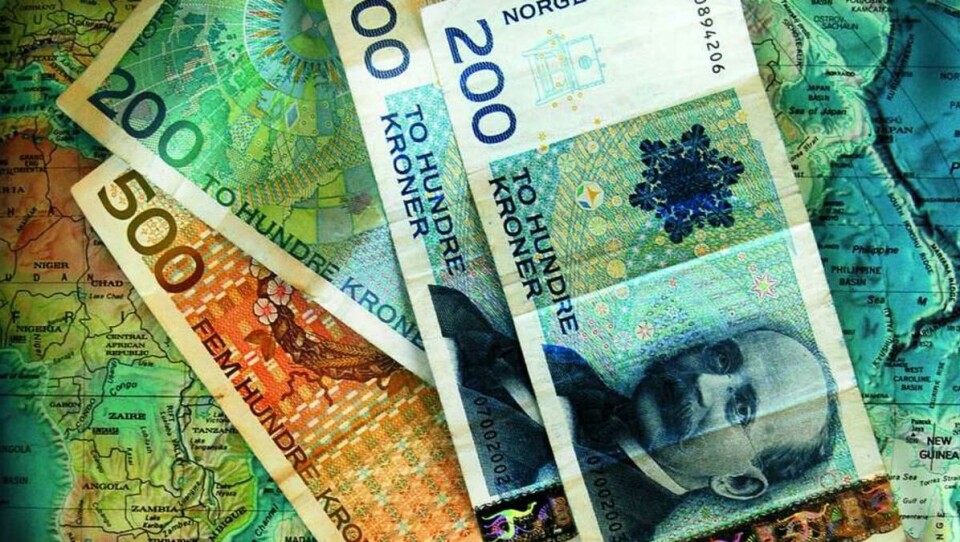
2. There’s a place where you can loan out sporting and camping equipment, for free
That’s right, although Norway is expensive, going to BUA and loaning equipment from them is completely free. BUA is a non-profit organisation that exists to provide kids and young people with opportunities to try different types of activities without increasing consumption. At BUA, you can register with a name and a phone number (get around the system that only accepts Norwegian phone numbers by just typing the first 8 digits of your phone number) and you can loan out skis, snowboards, ice-skates, skateboards, scooters, camping equipment, gear for ball sports, and more for a week at a time. So if you’re living in Norway during the winter and want to give cross-country skiing a try, simply go to BUA and borrow the gear for a week to see if it’s for you. Hot tip: cross-country skiing at night through a forest is an unmissable experience! Take the T-bane to Sognsvann to have a try.
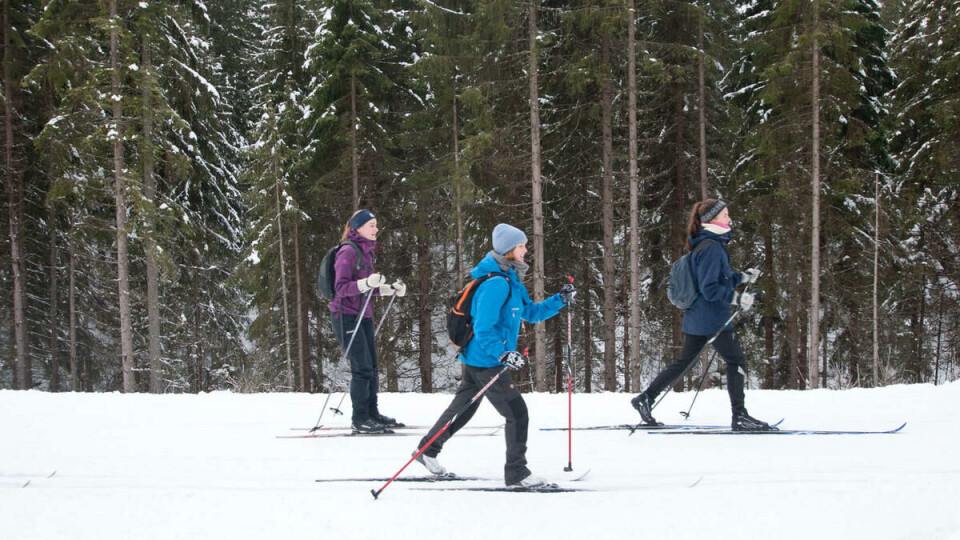
3. Finding a part-time job might be essential
So Norway=expensive. If you’re like me, and your Erasmus money ran out in 2 months, then you need to find some part-time work to fund living here. The best place to start is Finn.no, a website where people can place ads for anything they’re selling, from vehicles to sports equipment. Finn also has a section for job advertisements, where you can sort according to job type, industry, and location. Don’t be put off by the site being in Norwegian – Google Translate is always useful and many businesses in the hospitality industry have English-speaking workers like me.
Once you have a job offer, you need to make an appointment with Skatteetaten, the Norwegian Tax Administration (you can do this on the UDI website, the same place you booked your appointment with the police) to get your D-number, an identity number for foreign workers in Norway who don’t yet have a Norwegian National Identity number. Take your passport and work contract to the appointment and voilà! – you’ll be given a D-number on the spot and can start working in Norway. Be prepared to see 25-35% of your pay to go to taxes, though. Not fun.
4. Ticket inspectors are ruthless
As a student, a tempting way to cut some monthly costs is to not pay for public transport. But do this at your own peril in Norway – get caught by the prowling ticket inspectors and they’ll make you pay a bank-breaking 1150kr – about €115. Luckily I’ve never experienced this myself, but I have heard several stories from friends who tried to sweet-talk or turn on the waterworks to try and convince the inspectors not to fine them, and it never works. Better to just suck up the 477kr monthly student ticket and not risk it.

5. Supermarkets are closed on Sundays
So you’ve had a big weekend, you wake up at 12pm on Sunday and all you want to do is buy some instants noodles and a Fanta exotic and relax at home. Well, you’ll be disappointed, because (nearly) all supermarkets and grocery stores are closed on Sundays. This is because of a law that only allows stores less than 100 square meters to be open on Sundays. If you’re really desperate on God’s day of rest, you can resort to some smaller stores like Bunnpris or Joker, but both tend to have poor selections and higher prices. The best way to get around this is to spend your Saturday stocking up on canned food and supplies like the apocalypse is coming, just so you won’t experience the unthinkable and not have enough milk for your Sunday morning cup of tea.
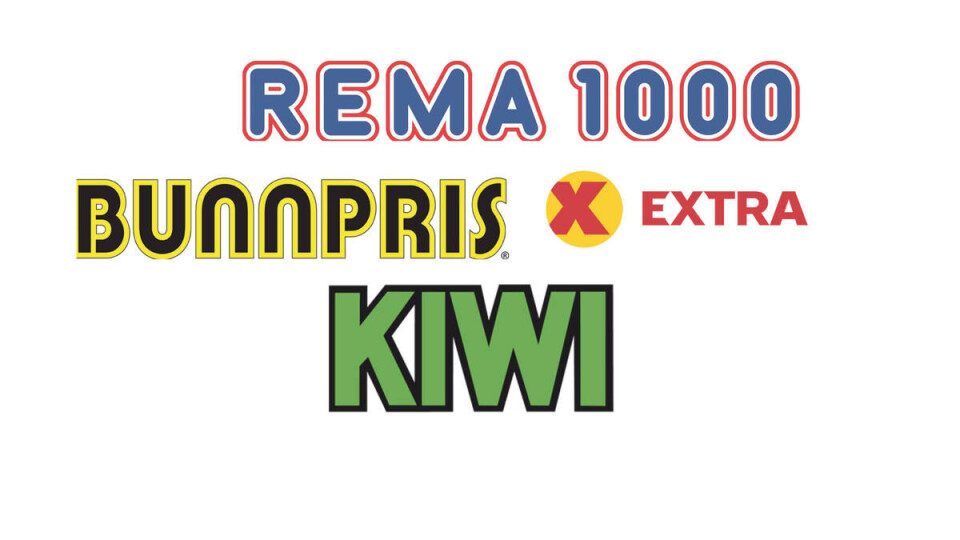
Spend your Saturday stocking up on canned food and supplies like the apocalypse is coming
6. Buying alcohol is confusing
It can take a few weeks to get used to the rules around alcohol sales in Norway. Supermarkets are limited to selling drinks below 4.7% alcohol content, so anything more than that and you’ll have to go to a Vinmonopolet, the state-owned liquor store. You can buy beer and cider at most supermarkets though – but don’t leave it too late in the day, because they’ll only sell alcoholic drinks before 8pm on weekdays and 6pm on Saturdays.
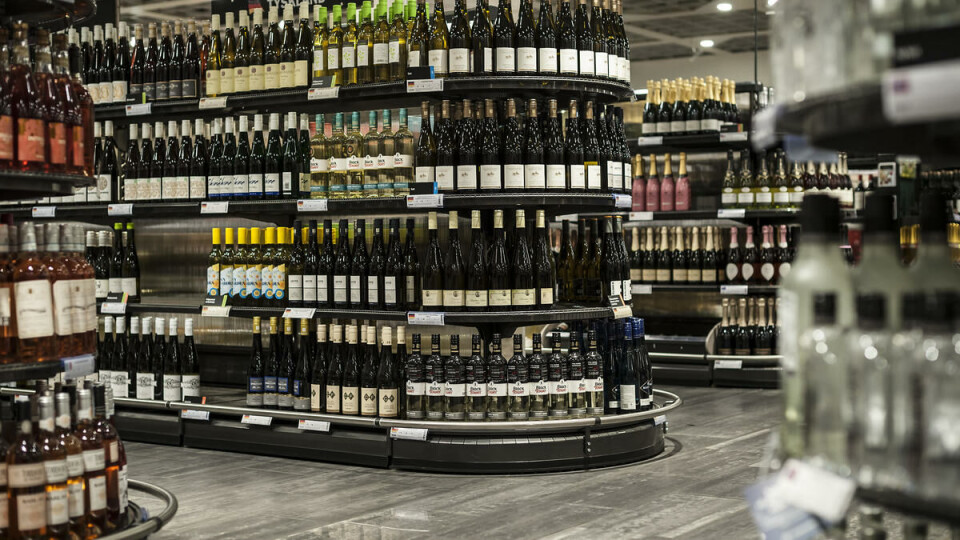
Norway=expensive
Keep these tips in mind when moving here, and people will be impressed at your ability to remember to buy beer at 7:45pm, navigate through Norway’s tax system and get skis without paying a cent. You’ll look just like a local!























